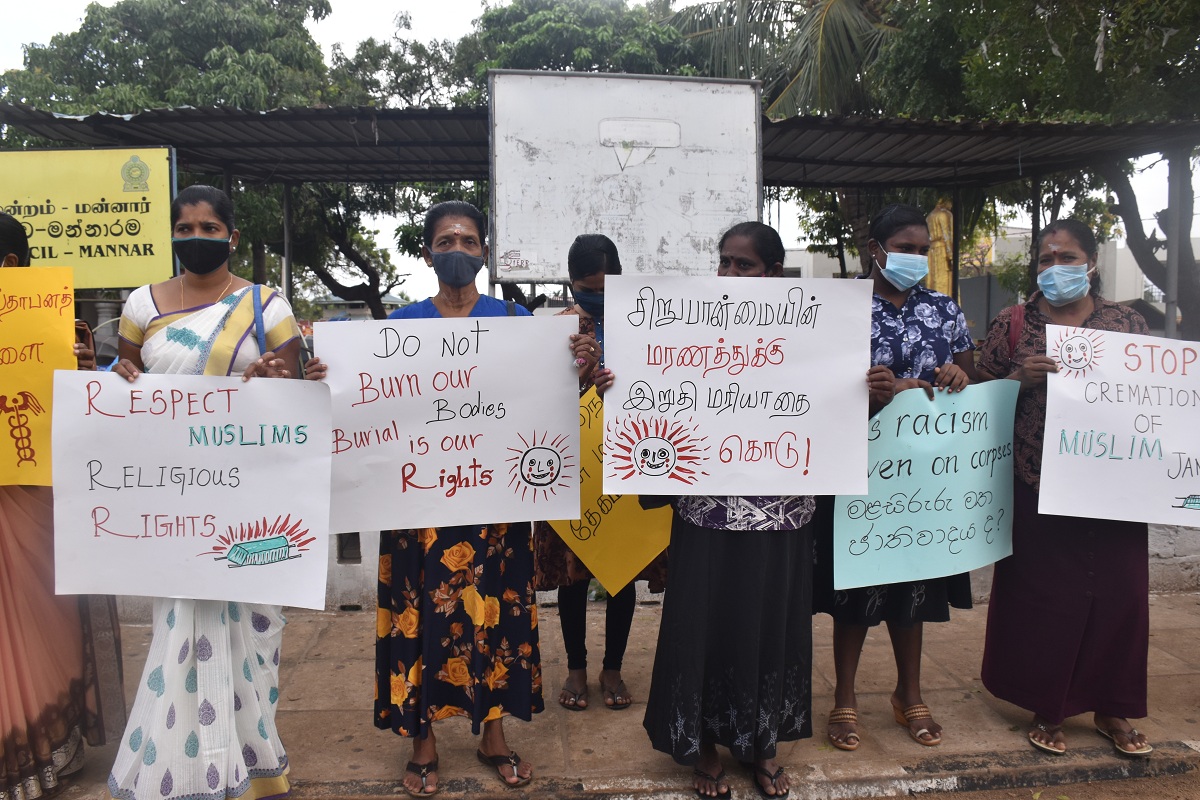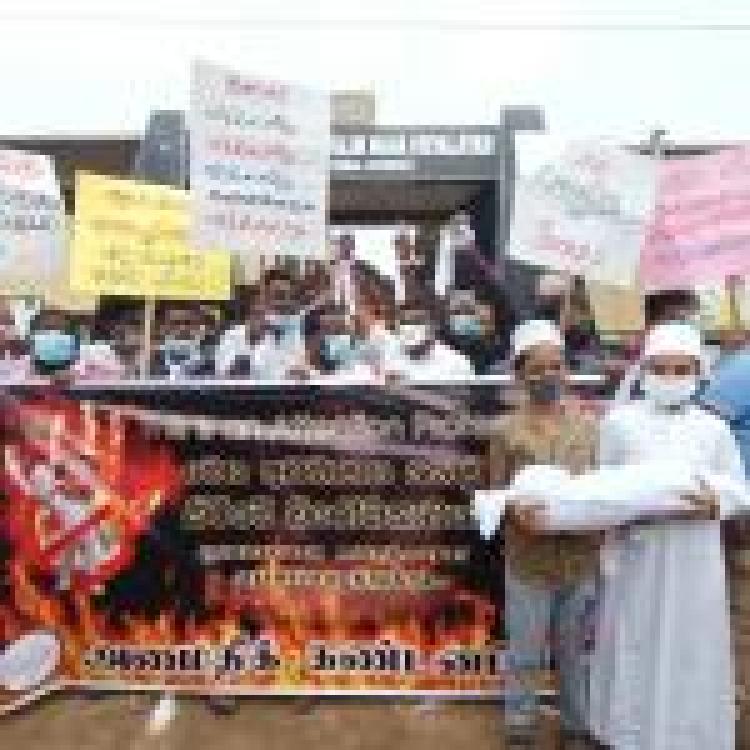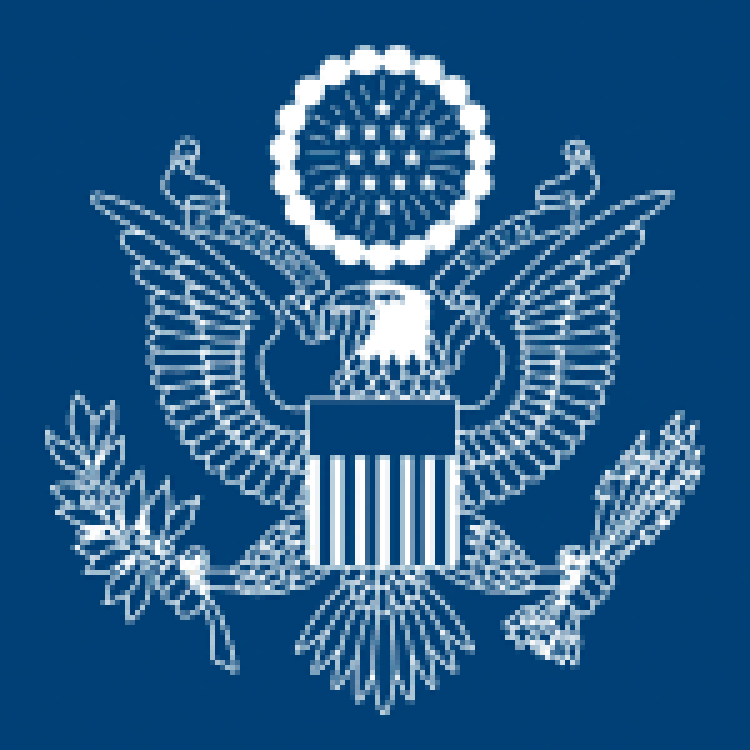File photograph: Protest in Mannar calling for an end to forced cremations
Sri Lanka's Director General of Health Services, Asela Gunawardana, said that "it will take some time" to end the island's forced cremation policy.
Gunawardana told The Hindustan Times that implementation of the revised policy will "take some time as guidelines on many aspects need to be determined and issued."
Following mounting domestic and international criticism, the Sri Lankan authorities issued a gazette notification last week stating that burials and cremations of Covid-19 victims would be finally be permitted.
Since the outbreak of coronavirus last year, Muslims have been denied the right to bury those suspected to have died from Covid-19, directly violating traditional Islamic burial rights. Ignoring the World Health Organisation's (WHO) guidelines which stated that Covid-19 victims could be cremated or buried, Sri Lanka has continuted to enforce the policy.
As the revised gazette notification was issued, Justice Minister, Ali Sabry reportedly said that a proposal was made to Sri Lanka's Cabinet to introduce laws to ban wearing face veils in public, claiming that it poses a threat to national security. In response to the proposed face veil ban, Amnesty International warned that "one type of religious discrimination is not simply replaced with another."





